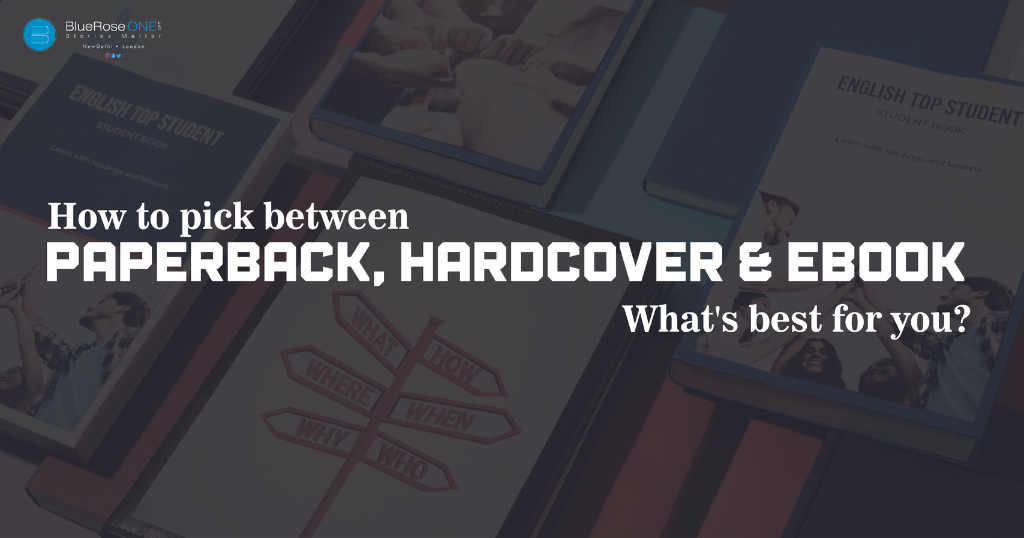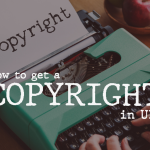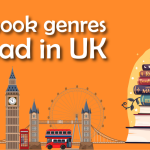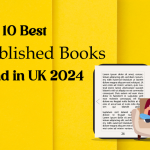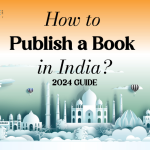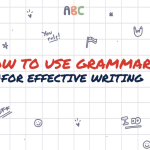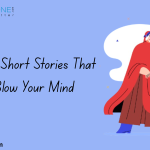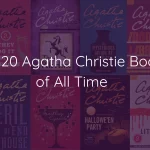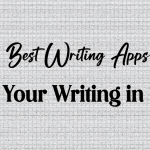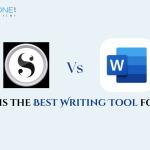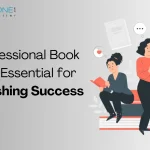When it comes to reading a decent book, one of the first choices you’ll have to make is the format. Should you choose a paperback for its classic appeal, a hardcover for its durability, or an ebook for its digital convenience? Each alternative has its own distinct advantages, and the best one is primarily determined by your particular tastes and reading patterns.
In this blog article, we’ll look at the benefits and drawbacks of paperback, hardcover, and digital formats. We’ll also answer frequently asked topics like whether paperbacks and ebooks are the same and why ebooks are typically cheaper. By the end, you’ll have a better idea of which format is ideal for you.
You may also like: Amazon Ads for Authors: A Step-by-Step Guide to Boosting Book Sales
Paperback vs. Hardcover
Paperback Books: For ardent readers, paperbacks are a classic choice. They are lightweight and portable, with flexible spines that allow for pleasant reading. Furthermore, they are often less expensive than hardcovers. Paperback books are ideal for readers that value mobility, affordability, and a comfortable reading experience. They are great for daily reading, whether commuting or relaxing at home.
Hardcover Books: Hardcovers, on the other hand, exude sophistication and durability. They are well-made and look great on bookshelves. Hardcovers are less prone to wear and tear due to their sturdy cover and high-quality paper. They are frequently the favoured choice for collectors, people seeking unique editions, or when a book must survive for generations. While hardcovers tend to be more expensive, they offer a timeless appeal and a sense of permanence.
Which is better: paperback or ebook?
The choice between paperback and ebook ultimately depends on your reading preferences. Here are some key factors to consider:
- Portability: In the realm of reading, ebooks are clear champions of portability. You can actually carry a whole library in the palm of your hand with a Kindle or any other e-reader. This convenience is especially useful for passionate readers on the go since it eliminates the need to select only one or two books to bring on vacation. E-readers are small and lightweight, making them ideal companions for long commutes, vacations, or simply having a varied selection of books with you everywhere you go. Ebooks have transformed how we transport and access literature, making reading truly mobile.
- Cost: Paperbacks and digital both provide considerable cost benefits over hardcovers. Paperbacks are often less expensive than hardcovers due to decreased production expenses. Ebooks, on the other hand, are frequently the most affordable. Because publishers have lower overhead costs, many ebooks are priced lower than their printed equivalents. Furthermore, ebooks can be obtained for free or at significant savings during promotions and specials. For readers on a tight budget, ebooks provide a cost-effective and convenient reading choice.
- Reading Experience: Personal choice is important in the reading experience. Some readers enjoy the tactile sense of holding a tangible book, flipping the pages, and smelling the distinct aroma of ink and paper. Paperbacks are the recommended format for these readers because they provide a physical connection to the content. Ebooks, on the other hand, provide a unique reading experience, with changeable fonts to accommodate individual preferences, built-in dictionaries for rapid word search, and the option to mark and comment text without harming the book. Ebooks offer a contemporary, adaptable reading experience that appeals to tech-savvy users looking for ease and adaptation. Finally, everything comes down to personal preference, and both forms have their own beauty and utility.
You may also like: How to Publish a Book? | Publish Your Book | BlueRoseOne
Are paperbacks and e-books the same?
No, paperbacks and ebooks are not the same. While both provide access to the same content, they offer distinct reading experiences. Paperbacks provide a tactile feel and the joy of flipping physical pages, while ebooks offer digital convenience with features like adjustable text size, in-book searching, and the ability to highlight text. Ebooks are also more portable, as you can carry an entire library on a single device. Additionally, ebooks often come with interactive features like hyperlinks and multimedia elements, adding a new dimension to the reading experience.
Why is an ebook cheaper than a paperback?
Ebooks are typically cheaper than paperbacks due to several factors. First, there are no printing, paper, or shipping costs associated with ebooks. Second, ebooks don’t require physical shelf space in bookstores or warehouses, reducing overhead expenses. Publishers can pass these cost savings on to consumers. Furthermore, ebooks are subject to lower or no sales taxes in many regions. However, it’s essential to consider the initial cost of an e-reader device, as it can affect the overall affordability of ebooks.
You may also like: How Can I Get a Book Published?
How to Compare and Contrast Ebooks and Textbooks?
When comparing ebooks to printed books, consider the following:
- Portability: Ebooks win in terms of portability. You can carry an entire library on a single device, making it convenient for travellers.
- Access: Ebooks can be downloaded instantly, while printed books require shipping or a trip to the bookstore.
- Annotation: Ebooks allow you to highlight text, take notes, and search for specific terms easily. Printed books require physical annotations.
- Battery Life: Ebooks require battery power, so you’ll need to ensure your device is charged. Printed books don’t have this limitation.
- Tactile Experience: Printed books offer a unique tactile experience, including the smell of the pages and the satisfaction of flipping through them.
You may also read: List of Top 10 Famous Ravinder Singh Books of All Time
Difference Between Ebook and Printed Book
| Aspect | Ebooks | Printed Books |
| Format | Digital files viewed on electronic devices | Physical books made of paper and a cover |
| Portability | Extremely portable; entire library in one device | Less portable; carry limited books at a time |
| Adjustable Text Size | Adjustable font size for customized reading | Fixed font size determined by the book’s printing |
| Searchability | Easily searchable for specific content | No built-in search function; use a physical index |
| Tactile Experience | No tactile sensation; screen interaction | Offers a tactile experience with paper and pages |
| Ownership | Digital rights; limited sense of ownership | Tangible ownership with a physical copy |
| Cost | Often cheaper, with free and discounted options | Paperback usually more affordable than hardcovers |
| Environmental Impact | Generally eco-friendlier due to no paper production | Involves paper production, contributing to waste |
| Collectibility | Limited collectibility value in digital form | Potential collectible value for rare editions |
| Shelf Space | Requires no physical shelf space | Requires shelf or storage space |
| Availability | Instant downloads with wide online availability | Availability depends on local bookstores and stock |
You may also like: What is Denouement in literature? Definition and Importance
Choosing between paperback, hardcover, and ebook formats is a matter of personal preference and reading habits. Consider factors like portability, cost, and the tactile experience you prefer. Whether you opt for the traditional charm of a printed book, the durability of a hardcover, or the digital convenience of an ebook, what matters most is the joy of reading and the stories you encounter along the way.

